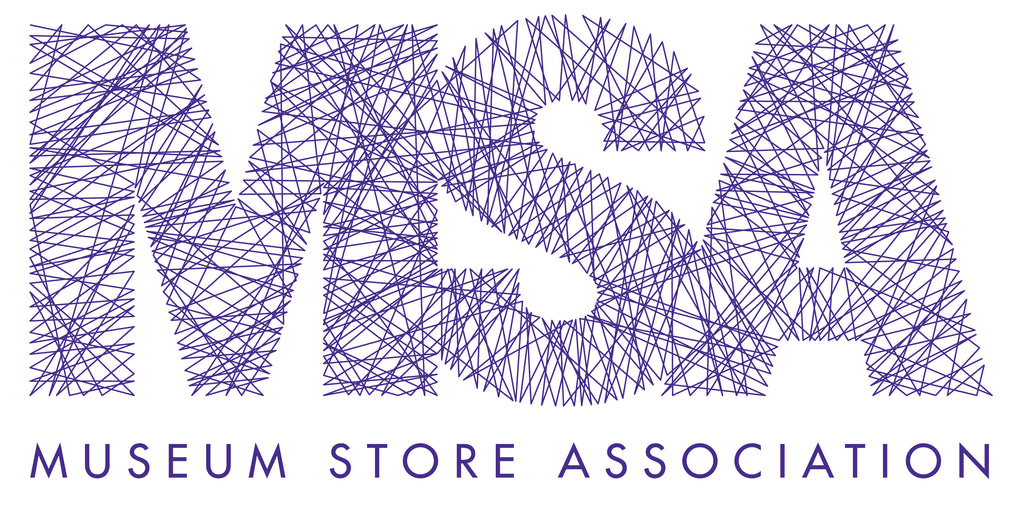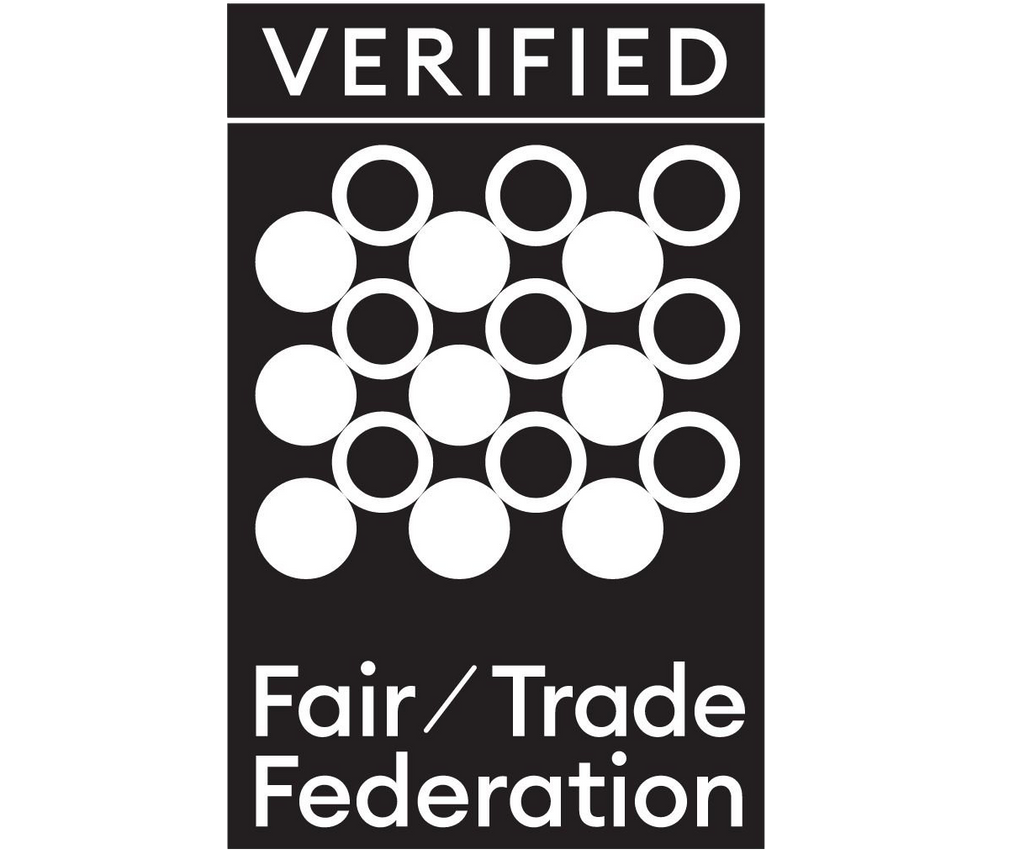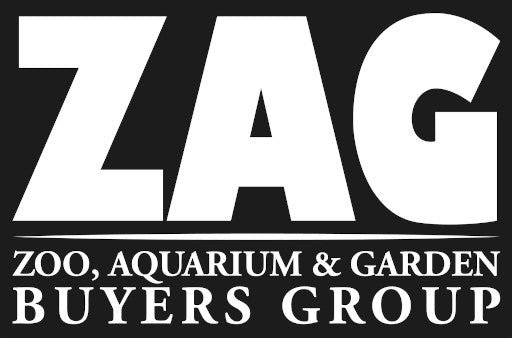Small but Mighty: Why Soapstone is a Holiday Retail Essential
When it comes to retail, sometimes the smallest items make the biggest impact. Our Fair Trade Soapstone Collection is proof. Handmade in Kenya by skilled artisans, these soapstone hearts, eggs, and animal figurines are affordable, collectible, and meaningful.
African soapstone, also known as Kisii soapstone, comes from Kisii County in southwestern Kenya, the only region in the world where this unique variety is found. Soapstone is one of the softest natural minerals, making it remarkably easy to carve by hand. While soapstone exists globally, Kenyan soapstone is prized for its rich range of natural colors - from soft pinks and creamy whites to deep grays and blacks. The lighter colors tend to be softer and easier to work with, while black soapstone is the hardest and most durable.
⛏️ Mining Kisii Soapstone
The story of every piece begins in the fertile Tabaka Hills of Kisii County, where miners extract the raw stone using little to no machinery. This is a labor-intensive, entirely manual process - miners use shovels, picks, axles, and machetes to dig and loosen the rock, often working in small family or community groups. Each quarry site supports dozens of local families, passing down this trade through generations.
✋ Carving Kisii Soapstone
Once mined, the soapstone blocks are transformed by skilled artisans using only simple hand tools: hammers, chisels, files, and traditional knives known as pangas. The stone is cut, shaped, and smoothed into animal figurines, hearts, bowls, and other decorative objects. Every step is done by hand, and each piece reflects the carver’s personal touch and creativity.
After shaping, the pieces are wet-sanded and polished to bring out the natural sheen of the stone. Many are then painted or dyed using non-toxic pigments and finished with a layer of wax for durability.
💜 Fair Trade & Artisan Impact
At Gitzell Fair Trade, we work directly with artisan groups in Kenya who specialize in Kisii soapstone carving. By ensuring fair wages and long-term partnerships, we help sustain this traditional art form while supporting livelihoods in rural communities.
Each soapstone piece, from the tiny heart in your hand to the larger hippo or elephant figurine, represents not only creativity but also economic empowerment. Every purchase supports artisans in achieving financial independence, education for their children, and improved access to healthcare.
Perfect for Checkout
Soapstone pieces are easy to display in a bowl near your register. Customers love picking them up as last-minute add-ons—boosting your average order value without requiring extra sales effort.

Gift-able for All Ages
From tiny hearts to whimsical hippos and elephants, these pieces appeal to both kids and adults. They’re great for teachers, coworkers, or friends—small gifts that carry big meaning.

Stocking Stuffers That Sell
During the holidays, shoppers look for small, thoughtful items to tuck into stockings. Soapstone checks all the boxes: colorful, affordable, and artisan-made. This year, we’re excited to introduce new ivory (all-white) elephants and hippos, perfect for neutral palettes or minimalist gift-givers.

Ethical and Impactful
Behind every piece is a story of sustainability and empowerment. By stocking soapstone, you’re supporting artisans in Kenya with fair wages while offering customers products that make a difference.

This holiday season, give your shoppers something small but mighty. Stock the Soapstone Collection and watch these fair trade treasures sell through.


🌍 Why It Matters
From the quarries of Tabaka to the shelves of fair trade stores across the U.S., each soapstone carving carries a global story, one of artistry, sustainability, and human connection. When you stock and share these handmade pieces, you’re not just selling décor, you’re offering your customers a chance to hold a piece of Kenya’s heritage.








